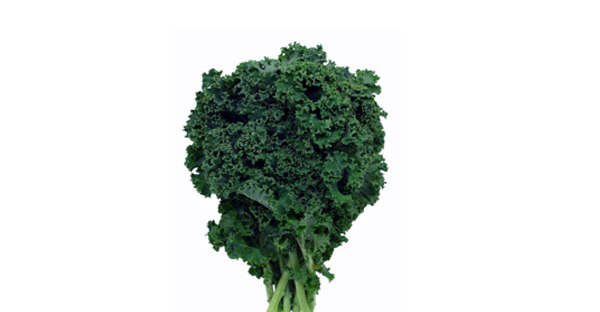

Answer to a Reader’s Question:
“In the China Project, itself, I speak of correlations because that is what we have. What I found to be quite remarkable at the time of our study was the fact that, in the range of about 0-20% animal food inclusion in the diet (as % of protein), we got all these statistically significant correlations that supported my conclusion that “the closer we get to a plant-based diet, the lower was the risk of the chronic degenerative diseases”. That still is a proper statement but it does not say that we found proof that all individuals within that population must be 100% plant-based, for two reasons. First, the study is not an observation of individuals (virtually no study is!); it is a study of populations. Second, we all know of plenty of people who appear to be quite healthy even into their advanced years who use animal-based foods (and even smoke! and do other ‘unhealthy’ things).
“Thus, I start with the ‘conclusion’ (or hypothesis) that “the closer we get to a plant-based diet, the lower was the risk of the chronic degenerative diseases”, then ask a different question. Namely, what information do we have that people are harmed by consuming an all plant-based diet? In other words, for those who seem to have good health into their advanced years by using a poor diet and lifestyle, is it possible for us to imagine (hypothesize) that even they would discover even more health were they to change to an all plant-based diet? Live even longer? Be more active? Have a clearer mind? We don’t really know.
“With this latter question in my mind at the time of our China Project results, I then sought the experiences of others for help. Mostly, I came to know Drs. John McDougall and Caldwell Esselstyn, both of whom had established stellar careers in medical practice. And in each of their cases — although on the basis of different experiences — they seem to have acquired evidence that, at least for people who have health problems, diet purity seems to be important. When Dr. Esselstyn’s advanced heart disease patients strayed even a little bit, they got into trouble. On the basis of Dr. McDougall’s experiences, he learned that a wide variety of illnesses could be repaired with a relatively pure diet approach. I was and still am impressed with both of their experiences. Thus, a case can be made, I think, that a relatively pure whole foods diet — if it is of good quality (lots of colored vegetables, no added fat or salt or sugar) — is important, at least for those who already have demonstrated a susceptibility to illness. Straying is not an option for these people.
I would also make another point and this comes in part from a comment that Dr. Neal Barnard (President, Physicians’ Committee for Responsible Medicine) once made to me. He personally found that it was easier to maintain a plant based diet when he made a ‘black-and-white’ decision never to eat any animal based foods. That idea is also supported by the fact that there is scientific evidence showing that we all are prisoners of our taste preferences that have been established over many years. This includes both empirical evidence (at least for salt and fat) and mostly good theoretical evidence in regards to the demonstrated ability of the body to biologically adjust in ways to optimize health, regardless of what our diet and lifestyle happen to be. That is, our bodies attempt to survive, even in the face of adversity. This line of reasoning, it seems to me, says that once we acquire new taste preferences — as with a relatively pure plant based diet — then we both enjoy the organic benefits and the pleasure of eating (i.e., tasting). To stray means that we are reminding our bodies of our old tastes thus encouraging us to stray even more, thus to seek what we perceive to be pleasure. It’s the old story of smokers who decide to quit then every once in a while have a cigarette. It doesn’t work.
Copyright 2025 Center for Nutrition Studies. All rights reserved.
Deepen Your Knowledge With Our
Plant-Based Nutrition
Certificate
Plant-Based Nutrition Certificate
- 23,000+ students
- 100% online, learn at your own pace
- No prerequisites
- Continuing education credits











